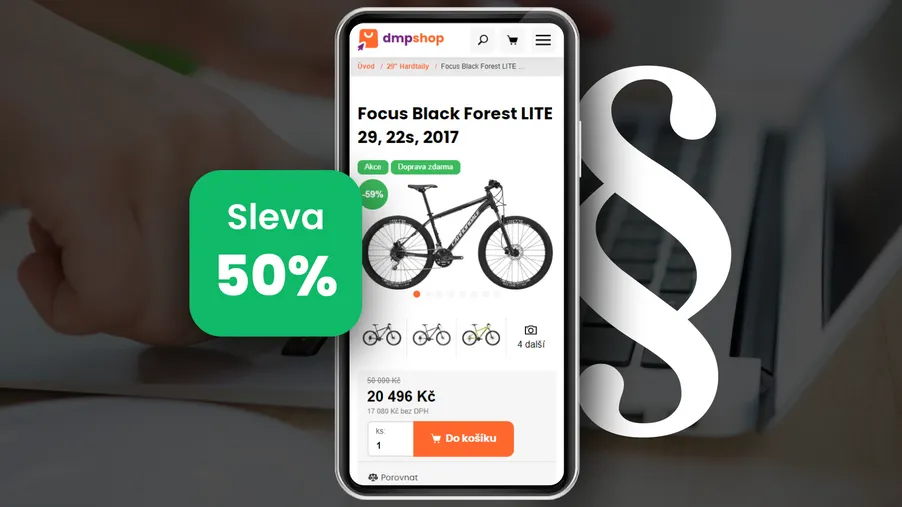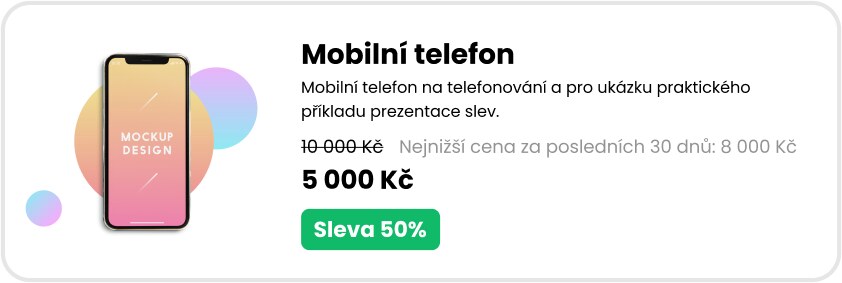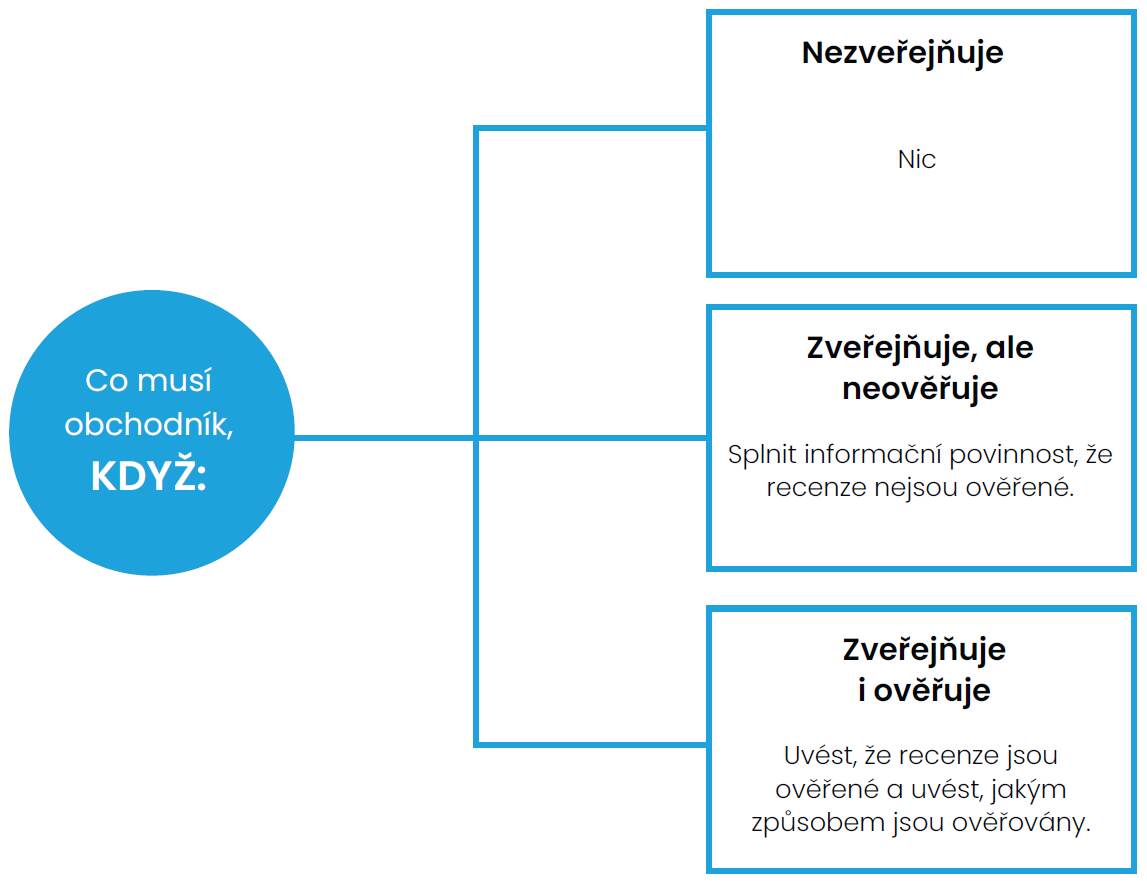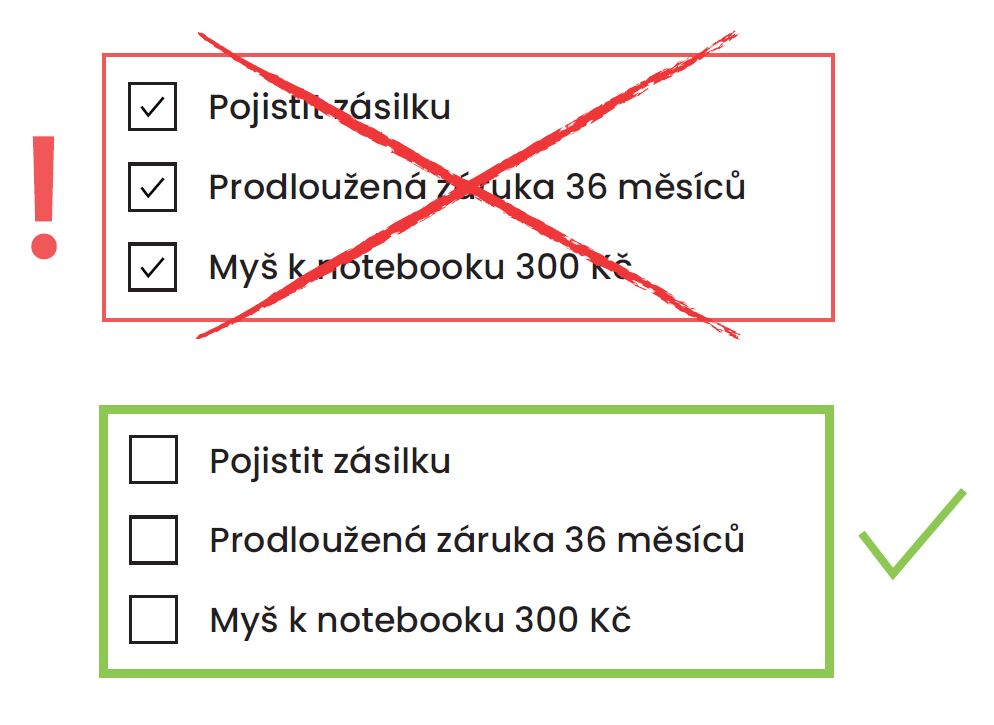How to adapt your e-shop to the new legislative changes for the year 2023?

What is changing and how to prepare for it?
- Presentation of discounts - these must now be based on the lowest price from the past 30 days
- Presentation of user reviews - the reviews mentioned must be verified, meaning they must come from customers who actually purchased the product
- Labeling the order "button"
- Prohibited pre-checked consents of consumers (checkboxes) for additional paid services
- Maximum delivery time for goods - to deliver goods no later than 30 days from the conclusion of the purchase contract
- Obligation to issue a receipt for the concluded contract
- Possibility to request compensation in case of non-acceptance of the item after handling the complaint
- Condition of returned goods after withdrawal from the contract by the consumer within 14 days
- And more, see the proposed wording of the law
We will explore the most essential changes in more depth.
Who is affected by the changes
The changes apply not only to Czech and Slovak e-shops but all B2C e-commerce shops that
- sell goods other than perishable goods (not services) to end consumers,
- have their headquarters in or outside the EU targeting European shoppers.
Shops are responsible for the rules. If they violate them, customers may withdraw from the contract or request an adequate discount. The rules apply to discounts that every customer can use. They do not apply to discounts provided to customers individually (newsletter subscription discounts, birthday/holiday codes, loyalty discounts).
How to display discounts newly and correctly?
A basic general rule will apply => (previous) reference price when displaying discounts will be the lowest price of the goods offered by the trader in the last 30 days prior to the grant of the discount. The purpose of this novelty is to ensure that traders inform consumers about discounts fairly and uniformly.
What does the draft law say, specifically § 12a?
(1) Information about the discount from the product price includes information about the lowest price of the product at which the seller offered and sold it
a) in the 30 days before the grant of the discount,
b) from the moment when the product started being offered and sold, until the moment of granting the discount, if the product has been on sale for less than 30 days, or
c) in the 30 days before the first grant of the discount, if the seller increases the discount from the price gradually
How to communicate discounts?
Example: You sell a mobile phone for 10,000 CZK, which during a promotion you lower to 8,000 CZK for two weeks. You then return the phone's price back to its normal price. In a Christmas promotion, you further reduce the product by 50%.
You can communicate the discount as follows:
What does this mean in practice?
- You will need to record the price developments for the last 30 days over time so that you can verify them in case of an inspection by the Czech Trade Inspection.
- Think more carefully about discount actions and plan them well in advance.
- Do not make hasty and frequent price changes, instead change prices with awareness of the 30-day cycles.
User reviews
If an e-shop publishes user reviews on its site, it will have a new obligation to inform the customer whether it ensures the verification of the authenticity of the review. More precisely, that it was written by a consumer who purchased the goods. In practice, two different situations may arise:
- the e-shop publishes reviews but does not verify whether the review comes from a consumer who has actually used or purchased the product
- In this case, the e-shop must inform directly under the text of the review that it does not verify the authenticity of the review.
- the e-shop publishes and verifies the authenticity of reviews
- In this case, the e-shop must add information to the text of the reviews stating that the published review comes from a consumer, e.g. "The rating comes from verified users. Only registered users who have actually purchased the product can rate the products." and at the same time, the shop must be able to prove this fact in case of an inspection by the Czech Trade Inspection.
Button in Checkout
The button that the customer uses to complete the purchase process must now be labeled with an easily readable inscription "Order binding for payment" or another appropriate
clear formulation.
Pre-checked consents of consumers for other paid services
According to the new legislation, it is not possible to add any services or products to the order without the explicit consent of the buyer. In practice, this means that a pre-checked checkbox, e.g., for shipment insurance or added recommended goods, will be an offense.
Obligation of the consumer to inform that they have no right to withdraw from the contract
e-shops that sell products whose nature does not allow the consumer to withdraw from the contract within 14 days must explicitly inform the customer of this fact for the ordered goods.




 Welcome, I am AIadin, your guide on our website ✨
Welcome, I am AIadin, your guide on our website ✨


